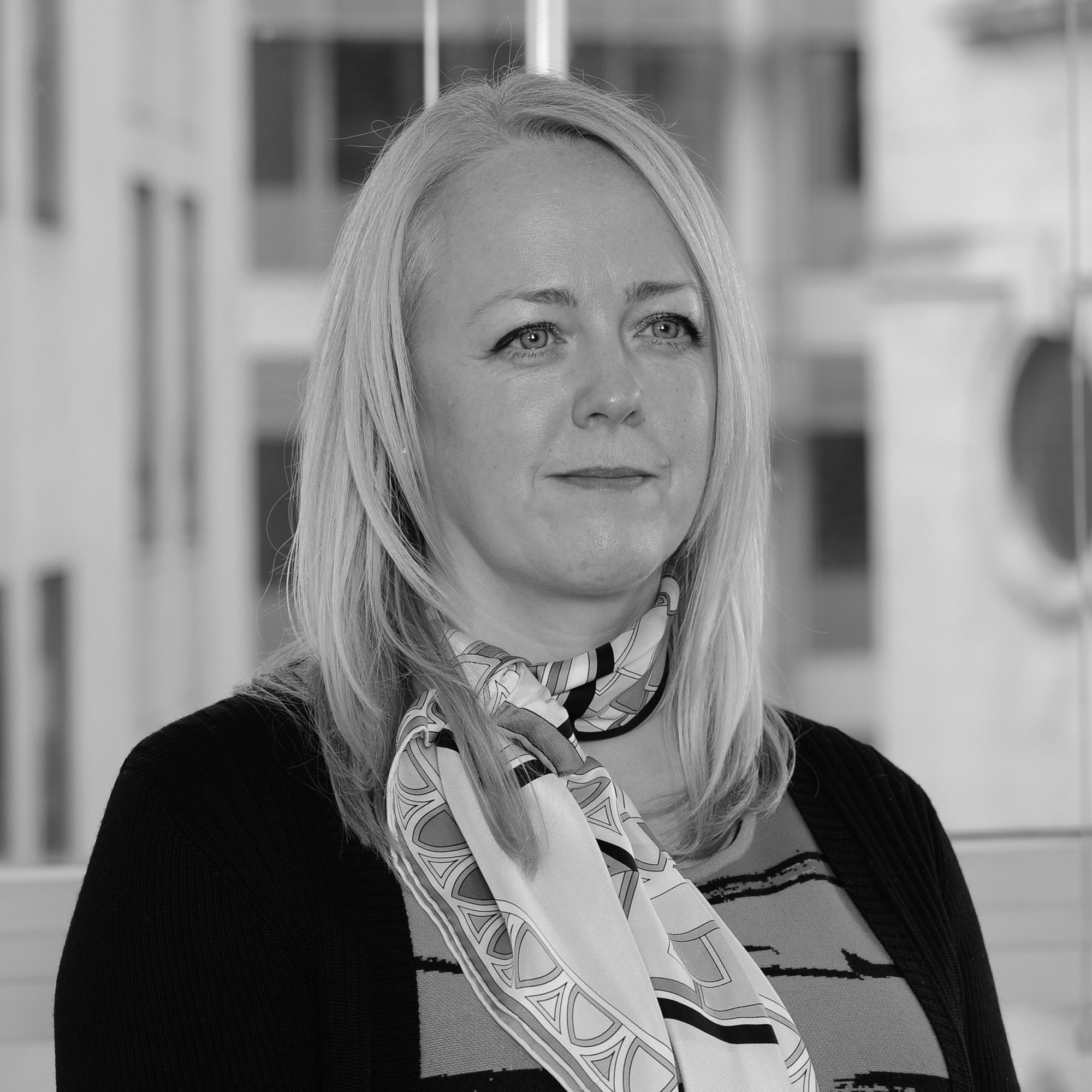After my business degree, I joined British Aerospace. Along with another new starter and an existing buyer, we totalled three women in a procurement team of approximately 45. It never really registered with me at the time that we were any different. But pretty early into the role, the buyer used words to the effect of “Don’t let the side down. I’ve worked hard to get us accepted.” to us newbies. To be honest, I thought nothing more of it at the time other than thinking that it was a strange thing to have to say. Maybe I had to flex into being more like ‘one of the lads’ to fit in, but surely that was the right thing to do, wasn’t it?
Move on in time in my career, through promotions and different sectors. The next time something felt obviously out of kilter to me was when I finally got the top job at Royal and Sun Alliance and my small central team was temporarily and coincidentally all women. Now, in this BQ publication all about gender diversity, you’d think I’d be here shouting from the roof tops that this was a great achievement – but instead it felt wrong. We all acknowledged in a meeting that the dynamics were not right and indeed the informal chit chat at the beginning of the meeting was of a topic which we’d never have aired in a more diverse group (it was about tights…I kid you not).
Also at that time, and now as a senior woman in procurement (in job seniority as opposed to age!), I was lucky enough to be an early supporter of a newly created group called the Blueprint Club. The club was set up by a small number of like-minded women in our profession who thought we should stick together a bit more, as there were so few of us in senior roles. The first full session was a breakfast at the top of the BT Tower in London when between 20 and 30 of us got together – along with a small group of hand-picked and supportive men. There, we heard loud and clear from the London Business School presenter that while studies show forming single sex groups can actively support and promote their chosen cause, the benefits of a mixed interest group or club (and in the business context: team, function, board or even company) versus that of a single sex group are far greater and far outweigh any from being a ‘closed shop’.
To be honest, that was a massive lightbulb moment for me.
More recently, I was fortunate enough to spend four years supporting the Women in Rail (WiR) networking group leaders and then becoming a founding Trustee as we moved to a charity (after the group’s unmitigated success across the whole sector). At one of our early conferences, we had approximately 95% women and 5% men attending. One male speaker was brave enough to call this out. He also strongly recommended we should have some non-female advocates to create waves and change perception, as well as actually resetting the balance in the medium to long term. [At the time of the conference and based on a WiR survey, only 16% of the rail sector was female (often working in more traditional gender roles such as cleaning or retail), with only 7% in STEM professions]. The LBGTQ+ community had already picked up on this long before with straight Allies, so why not have Allies or advocates who will hold their hands up and actively support their female colleagues?
We don’t necessarily need studies to tell us that diversity brings a wealth of experience and views that single-sex, closed groups don’t. However, the fact that we still have to instruct such research and actively use the data shows we are a long way from this being accepted as fact. [The studies also say that companies embracing diversity and inclusion are more likely to be more successful in the long run.]
Change is about bringing everyone into the fold. When businesses run change programmes, they seek change champions – those outside of the programme who will speak up for it when it might be getting a bad rep. Why shouldn’t we have advocates supporting our gender equality agenda? Let’s focus not only on promoting gender diversity but also on how we can get our other colleagues to help us achieve this.
So, who is up for the challenge?
Beth Wallace
Beth has worked in a number of sectors, starting out in aerospace manufacturing but also working in financial services, media, hospitality and legal to name a few. Her career has spanned both negotiating deals as well as managing supplier relationships, from simple projects to complex outsourcing.
